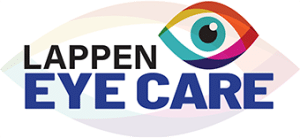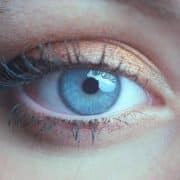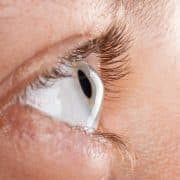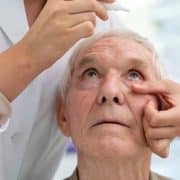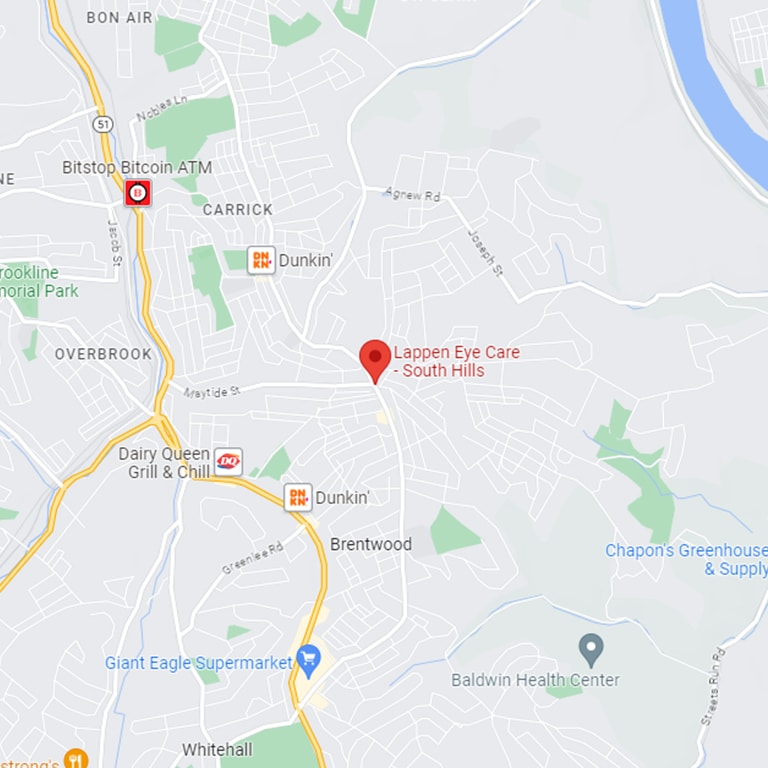Keratoconus and Specialty Lenses: Finding Clear and Comfortable Vision
If you have keratoconus, finding clear and comfortable vision options can be a constant challenge. Standard eyeglasses don’t correct the cone-like distortion from the irregular astigmatism. The answer might be with specialty contact lenses in Pittsburgh, PA.
Understanding Keratoconus and its Impact
Keratoconus is a condition that affects the cornea, or dome-shaped front of the eye. Normally, a round globe, with keratoconus, the cornea thins and bulges into a cone shape.
The cornea helps focus light onto the retina, and the globe shape plays a significant role in this process. The cone shape that comes with keratoconus can cause vision to blur and make the eyes extra sensitive to light.
Benefits of Specialty Lenses
One of our Doctors of Optometry in Pittsburgh, PA, can evaluate your eyes and determine if specialty lenses are the right option for you and what type. Typically, those with keratoconus will require unique lenses that can vault over the cornea, providing a smooth surface that corrects vision. Three types of contact lenses are common for this eye condition, each with unique benefits.
Scleral Contact Lenses
Lenses that are larger than traditional contacts to cover the entire cornea. They tend to be more comfortable for keratoconus patients and provide excellent vision correction.
Rigid Gas Permaeable (RGP) Contact Lenses
These hard contact lenses have a distinctive makeup that allows oxygen to pass through the material to nourish the cornea. Hard plastic lenses retain their shape better than soft contacts.
Hybrid Contact Lenses
Hybrid lenses have characteristics of both RGP and soft lenses. They can offer the vision acuity of an RGP along with the comfort of a soft contact.
The doctor may also customize a soft lens for you that fits the shape of your cornea. This may be the best choice for good vision and comfort.
If you need specialty contact lenses, make an appointment with a Doctor of Optometry in Pittsburgh, PA, today to get a customized treatment plan for your keratoconus.

